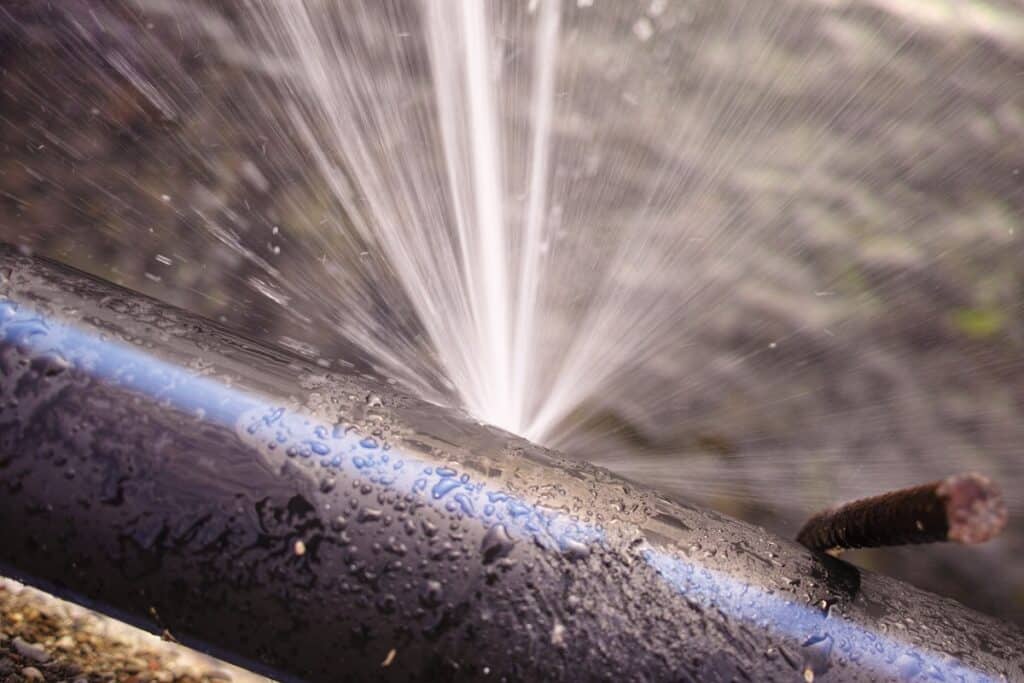The holiday season is fun and exciting, and it can involve a lot of special gatherings. With so much going on, the last thing you’ll want to deal with is a plumbing issue. Unfortunately, the winter weather that’s getting ready to come our way can cause pipes to freeze. The good news is that there are many steps you can take to prevent frozen pipes.
To be clear, it’s not the pipes themselves that freeze. Rather, it’s the water inside of them that’s vulnerable to freezing. When water freezes, it expands, and this process can cause cracks of varying sizes and can result in completely burst pipes. When the temperature subsequently rises and the ice in those pipes melts, all the running water has to go somewhere.
Insulate Your Pipes
Many of the pipes running through your home are located in areas that can get cold during the late fall and winter. For example, pipes often run through attics and basements that aren’t heated. Plus, they may be running up and down walls that don’t have very good insulation. To prevent a problem from occurring, address the pipes themselves. Wrap them in insulation sleeves designed specifically for this purpose. This material can be cut to certain lengths, so you can customize the insulation according to the configuration of your pipes. Foam insulation may be cheaper and easier to work with, whereas fiberglass insulation may do a better job at keeping pipes warm.
Keep Your Heat Turned On
If you plan on traveling during the holidays, you might’ve thought about turning off your heat to save energy. This isn’t a good idea because it can allow the water in your pipes to freeze. Instead of turning off your heater completely, set it to a low temperature around 55 or 60 degrees. This way, it will be warm enough in your house to prevent water from freezing.
Address Outdoor Faucets and Hoses
Remove any garden houses, letting them drain fully before storing them for the season. It’s also a good idea to shut off water to your outdoor faucets. Many homes have special valves that control water flowing to outdoor faucets. If you have one, turn it off, and then let the water drain out of the faucet. Additionally, you can consider investing in a faucet cover that offers extra protection.
Keep the Water Moving in Extreme Conditions
If the temperatures dip far below freezing, you may have to resort to different measures. Open up any cabinets that kitchen and bathroom pipes are located in. This will help the heat circulate around the pipes. Also, open your faucets slightly so that they drip water very slowly. When water moves through your pipes, it’s harder to freeze.
Be Proactive
Dealing with a frozen pipe can be costly and disruptive. Keep these tips in mind to prevent this situation from occurring. If you’re taken by surprise, remember that you can call Nichols Electric and Plumbing in Rochester, NY for assistance with frozen pipes.



